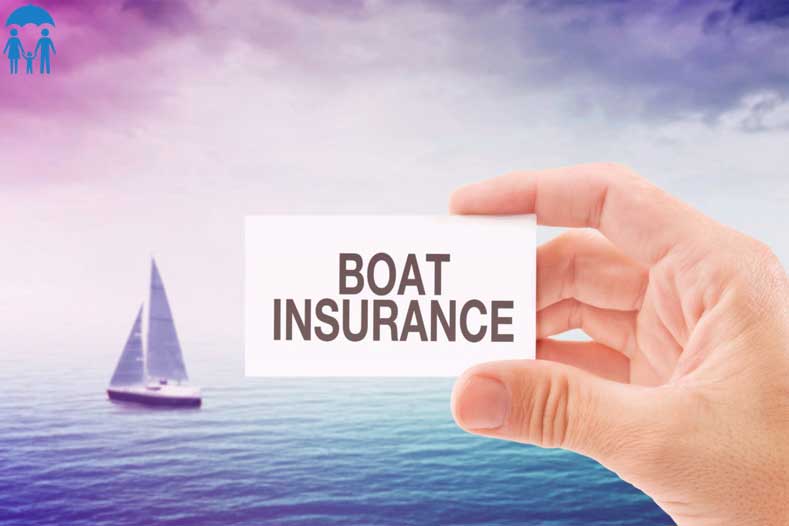Car insurance
Like buying a car, there is no single best solution when it comes to buying insurance. Make sure that price is not the only factor you think about when you choose your motor vehicle insurance. You have a wide choice of policies, and you should shop around to make sure that you choose a product that suits your needs and circumstances.
As with all insurance, before signing the insurance contract you should carefully read the policy document and product disclosure statement and make sure you ask your insurer about any aspects of the policy that you don’t understand.
Types of car insurance
If you own and operate a private motor vehicle, there are four main types of general motor vehicle insurance you need to be aware of:
✓ Compulsory Third Party (CTP)/mandatory motor vehicle accident personal injuries insurance – required by each state and territory. It protects any person that you might injure while you are driving. It is not an alternative to taking out a motor policy to cover your financial liabilities, such as damage to another vehicle or property, or your own vehicle
✓ Comprehensive – covers damage to your own vehicle and other people’s property, as well as theft and some other risks, plus legal costs
✓ Third Party Property – covers damage to other people’s property and legal costs, but not damage to your own vehicle
✓ Third Party Fire and Theft – Third Party Property with some add-on features that cover your vehicle
Compulsory Third Party/mandatory motor vehicle accident personal injuries insurance
Each state and territory has a mandatory motor vehicle accident personal injury insurance scheme. In some states it’s known as Compulsory Third Party Insurance (CTP). In New South Wales it is called a Green Slip. In Victoria it’s the Transport Accident Charge.
This form of insurance protects any person that you might injure while you are driving a vehicle, including pedestrians, cyclists and other road users. Each jurisdiction’s scheme has different rules, operates in a different way and covers different things.
It is important to know:
✓ This form of insurance is mandatory in every state and territory
✓ You must take it out at the time you register your car (in some places, the insurance is part of your registration fee so you are automatically covered but in many other places, it is a separate fee)
✓ It is illegal to drive a vehicle that does not have this form of insurance
However, you are not covered for damage to your vehicle, other vehicles or property, or theft of your vehicle or its contents, nor does this form of insurance cover your legal liability other than in respect of personal injury caused to another person while you are driving.
In some places, the mandatory motor vehicle insurance will only cover third parties who are injured and not an at fault driver who is injured in a motor accident that they are responsible for.
Vehicle owners risk significant financial and personal loss, potentially in the millions of dollars, if they fail to take out other forms of motor vehicle insurance alongside their mandatory cover.
Comprehensive
Comprehensive insurance offers the greatest peace of mind to vehicle owners. It covers the repair or replacement of your vehicle for events including theft, collision, fire, malicious damage and weather-related damage.
It can also cover the repair and replacement of any other vehicles that are damaged by your vehicle in an accident, and damage to property.
You would usually choose comprehensive insurance if your car is in good condition. If your car is not in a good state of repair, or if it has issues such as rust or unrepaired damage, insurers might not cover you.
Comprehensive car insurance is highly competitive, with companies offering a wide range of inclusions and optional extras, ranging from windscreen protection to use of hire cars.
Third party property only
This kind of insurance can provide cover for damage caused by your vehicle to other vehicles or property, but does not provide cover for your own vehicle.
You would usually take out this type of cover if you have a low-value vehicle, so that you are not left financially exposed to having to pay for the damage your car might do to a more valuable vehicle or other property that belongs to someone else.
Some insurers will also cover a specified amount of damage caused to your vehicle if you are in a collision with an uninsured driver.
Third Party Fire and Theft
This offers the protection of third party property policies, as well as additional fire and theft protection for your vehicle up to a specified limit.
Choosing a policy
Some questions to consider when buying insurance (ask your insurer if you’re unsure):
✓ What type of motor vehicle insurance do I need?
✓ Do I need any additional benefits such as a rental vehicle?
✓ Is my car insured for Market Value or for an Agreed Value?
– ✓ Market Value is where the insurer determines the value of the vehicle, usually taking into account the condition of the vehicle at the time, its age and other factors.
– ✓ Agreed Value is where the insurer and the owner agree on the value of the vehicle at the time of taking out the policy.
✓ If the accident is my fault will my no claim bonus be affected?
✓ Will I have to pay my excess if I can nominate the other driver responsible for the loss or damage?
✓ Am I permitted to select my own repairer or does the insurer determine the preferred repairer, and are repairs guaranteed?
How premiums are calculated?
Each insurance company approaches premium calculation in its own way.
Many factors are considered including, but not limited to:
✓ The type of cover and excess you have chosen, including any options you have added
✓ The location where the car is stored overnight or during the day
✓ The age of the driver
✓ The driving record and insurance history of the drivers
✓ The type of vehicle being insured (make, model, year)
✓ The intended use of the vehicle (such as private or commercial use)
✓ Whether you have nominated a market or agreed value for your vehicle
✓ Modifications to the vehicle
How can I reduce my premium?
Vehicle owners have many options to reduce their premiums. These include:
✓ Park your car safely. Secure parking (either off street or in a lock-up garage) can reduce the risk of theft, vandalism, flood or storm damage claims
✓ Maintaining a good driving record reduces the risk of you making a claim
✓ Buy a car fitted with safety and security devices to reduce the risk of theft and damage, or have them installed if this is feasible
✓ Drive less often. Some insurers will offer lower premiums for drivers who do not use their car frequently
✓ Limit the number of drivers you nominate on your policy, especially if they are under 25
✓ Choose a higher excess
✓ Choose to insure for market value instead of nominated value
Contact your insurer to check how these may be taken into account.
Discounts and savings
You may also be eligible for certain discounts such as:
✓ Multi-policy discount
✓ Years of insurance discount
✓ No-claims bonus





Famous Insurance provide insurance solutions for classic and collectable cars, high performance, exotic, sports and vintage vehicles, as well as motorbikes. Select a vehicle below and fill in the quote form to get an insurance quote on your vehicle.